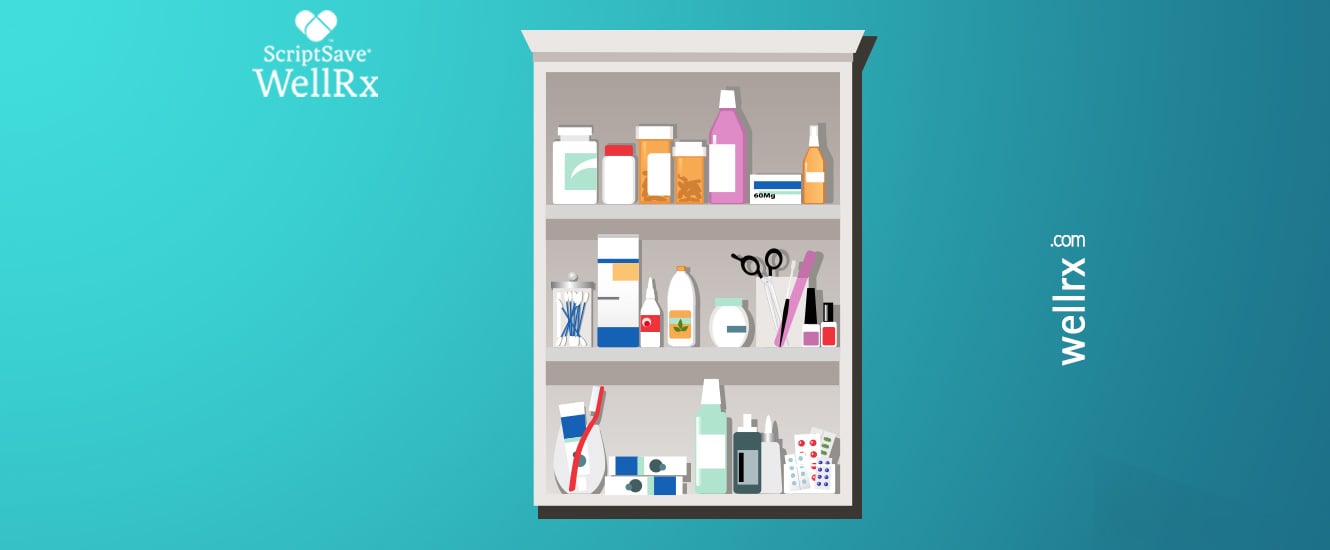If you’re on a prescription medication, you probably know it’s important to make sure you take that medication as prescribed by your doctor. What many patients don’t know, however, is that it is also important to know why you’re taking that medication, or why your doctor prescribed that medication for you. There are many reasons why knowing the purpose of your medications are important, but we’re only covering a few of them in this blog post.
Purpose of the Medication
Medications are generally made for a specific purpose, like aspirin is made to be a pain reliever. However, knowing what a medication is generally used for isn’t enough, as doctors may prescribe medications for things other than what the medication was originally meant to treat. For example, even though aspirin is meant to be a pain reliever, your doctor may prescribe it as a blood thinner.
Sometimes medications are prescribed for other purposes than what the manufacturer intended. This is known as off-label use. But this can make it difficult to accurately research your medications online. Researching your medications on the internet might be quick and convenient, but even if the information is accurate (which often it is not) it might not reflect the information you need, as you might be taking the medication for a purpose other than what the drug was initially designed for. Therefore, if you have questions about why you’re taking a medication, the best person to ask is the doctor that prescribed it to you, or your local pharmacists.
This might have you thinking why it’s important to know the purpose of your medication. There are many reasons for this, one of which has to do with side effects. All medications have side effects. Side effects are important to consider as they can seriously impact your quality of life. How many medications you’re on is one of the most important determining factors regarding what side effects you’ll experience.
This is where knowing what purpose your medications are for comes into play, as sometimes we are on multiple medications for the same disease, but because you’re on multiple medications you’re experiencing side effects that you wouldn’t experience if you were on just one of the medications. This is known as a drug-drug interaction. If you can identify which medications are treating the same disease, it’s possible you can reduce the number of medications you’re on, which will help cut down on the number and/or intensity of side effects.
Where to Start
If you’re wondering where to start learning about your medications, as mentioned before the best place to start is by asking the doctor that prescribed the medication to you. Even if everything is good, you may be surprised with what you learn, like helpful tips on how to maximize the medication effect or ways to reduce the side effect. Another good person to ask is your pharmacist, especially if you’re on multiple medications. They can help identify drug-drug interactions you might be experiencing, can recommend similar medicines that might have less side effects and/or are cheaper, and can also give helpful tips about managing your medications and their side effects.
The biggest thing to do when learning about medications is to make sure to take them as prescribed. If for whatever reason you don’t want to continue taking the medication, the worst thing you can do is not tell your doctor or pharmacist about it. They’re here to help you. Even if you don’t want to take your medications, they can work around that the best they can or possibly find a more suitable medication. If you don’t take your medications as prescribed, they may think that your disease is not responding to the medications and therefore prescribe more medications to try to control it. This can lead to unnecessary prescribing and more side effects, as well as being more expensive. So please, talk to your doctor and/or pharmacists about your medications and the reason why you were prescribed them. In the long run, it will be helpful for you.
If you’re struggling to afford your medications,
visit www.WellRx.com to compare the cash price at pharmacies near you.
You may find prices lower than your insurance co-pay!













 Store & manage your medication list
Store & manage your medication list Medication pricing updates
Medication pricing updates Pill & refill reminders
Pill & refill reminders Medication journal & mood log
Medication journal & mood log